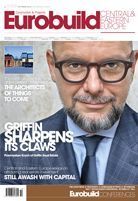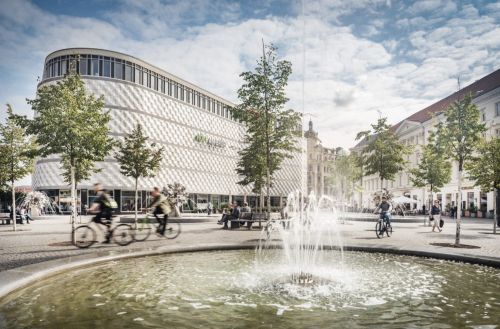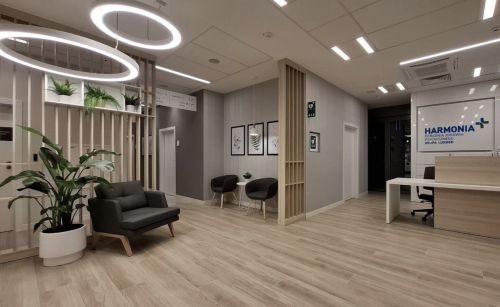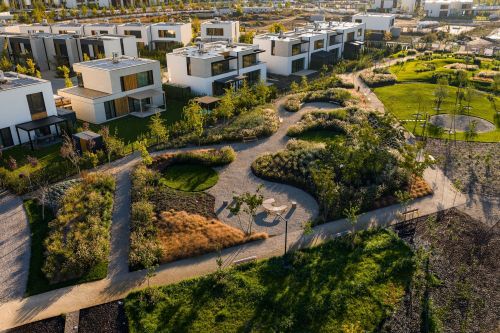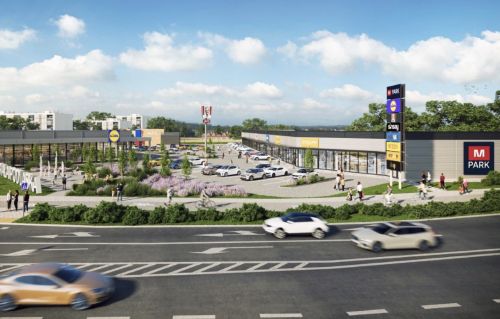According to its owner, the Warsaw Financial Center is the first Polish office building with a mobile application dedicated to its tenants. The application has been operating since mid-2013. It serves as a communication channel between the tenants and the owner and management of the building, while those working in or visiting the WFC can use it to obtain information about the building. It includes an up-to-date list of tenants, the most important phone numbers and the addresses of retailers and services operating nearby. Selected restaurants and cafés located nearby can offer discounts to WFC tenants if they produce the downloaded application. “Last year we carried out a promotional campaign in which those who took part received a code hidden in news feeds appearing in the app, enabling the download of a free audio-book from the Audioteka.pl website,” reveals Artur Lis, who is responsible for portfolio and asset management at Tristan Capital Partners, the group that


























